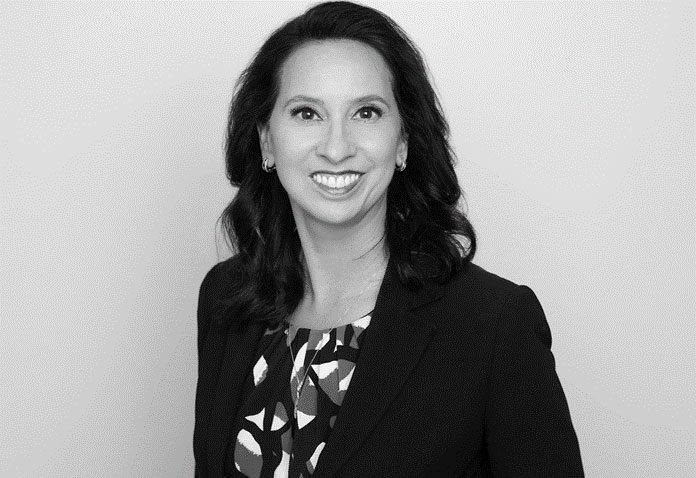
AskBio CEO Sheila Mikhail
Bayer-owned AskBio will shift focus toward its doggybone DNA in restructure with Touchlight
The year was 2018, and AskBio CEO Sheila Mikhail wanted 100% controlling interest in a joint venture with Touchlight. The company was in negotiation with …
Sign up to read this article for free.
Get free access to a limited number of articles, plus choose newsletters to get straight to your inbox.